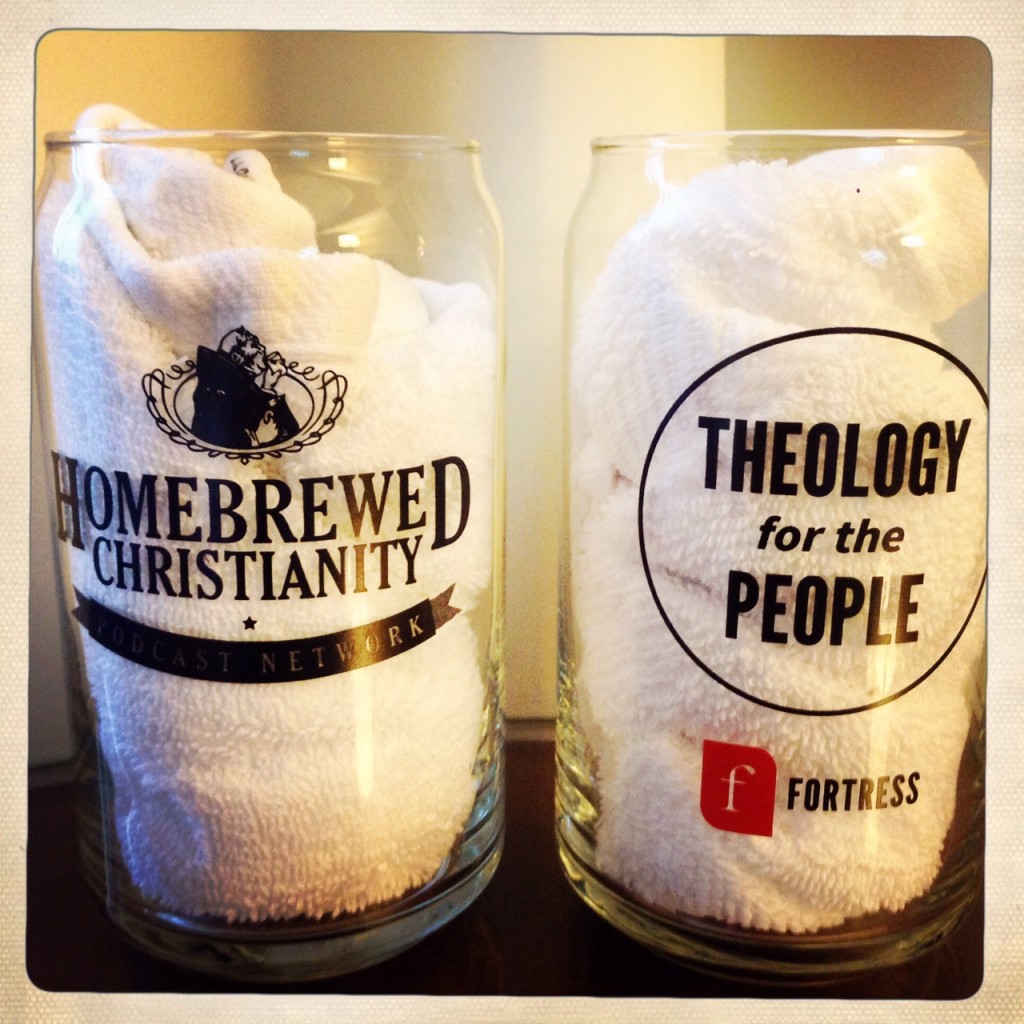I always take the advice of Carla Barnhill. She’s not only a nationally recognized advice guru, she’s also my person advice guru.
A while back, she recommended that I read something by Michael Perry. She said that parts of my writing — particularly parts of The New Christians — reminded her of Perry’s writing. Looking back, that is a humbling compliment.
I picked up Perry’s book, Population: 485 – Meeting Your Neighbors One Siren at a Time last week, and I tore through it in three days. He’s a writer of great talent, bringing the mundane and everyday into high relief. The books is alternatively funny and heart-rending. And it is unapologetically nostalgic.
Perry writes of his hometown, New Auburn, Wisconsin, to which he has moved back in his early 30s. He’s joined the volunteer fire department, and he goes on all sorts of calls, ranging from tragic (which begins and ends the book) to the silly to the touching. But really, it’s a book about America.
One passage in particular struck me, because it resonated with my own vocation as a practical theologian:
A little while back, I happened to be passing through Appleton, Wisconsin, on the same day the philosopher Martha Nussbaum was at Lawrence University to deliver the lecture “Global Duties: Cicero’s Problematic Legacy.” What the heck. A guy finds himself a block and a half from a woman described as the nation’s preeminent classicist, feminist, multiculturalist, and humanist, he figures he can stop by to listen for an hour. I am not overplaying the rube when I say I understood only about 20 percent of what Ms. Nussbaum said. I felt more than 20 percent edified, however, and resumed the drive home with a sense of intellectual invigoration, which lasted maybe six miles, whereupon I began to mope over the idea of the rubber meeting the road as it relates to the gulf between theory and application. Part of the blame lies with intellectuals who are unable or unwilling to convey their ideas in terms that will play down at the café. But anyone who sits in that café and dismisses complexity by reveling in their own simplicity is no less pretentious. Civilization itself depends on complication. As a dyed-in-the-wool farm boy, I have an almost atavistic urge to poor-mouth anything more theoretical than a bag of feed. I have come to realize this is not always attractive.
Although I more often find myself on the opposite side of that equation from Michael Perry, I nevertheless agree wholeheartedly with him. As I once asked Peter Rollins, when we were both at Yale, no less, “If you can’t explain it to the person standing in line with you at Walmart, what good is it?“
















